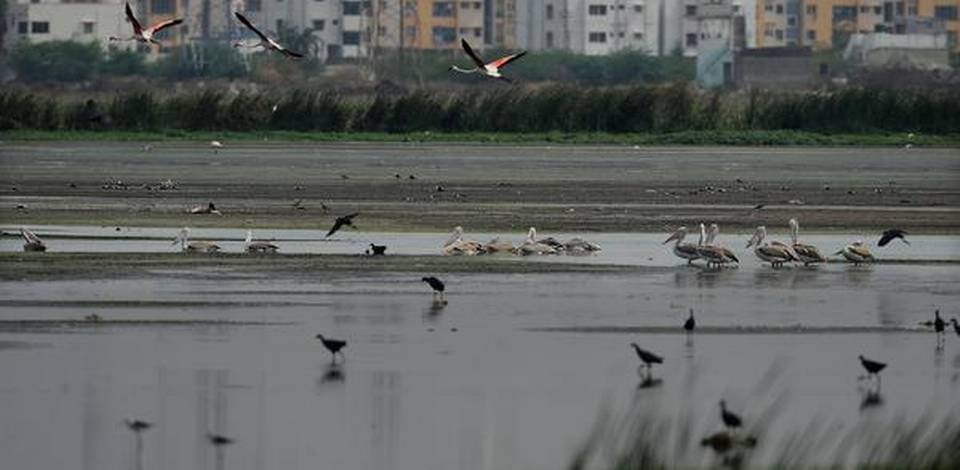The Madras High Court on Thursday suo motu impleaded the State Wetland Authority chaired by the Chief Secretary as well as all 32 district-level wetland authorities chaired by the respective Collectors as respondents for preservation of wetlands across the State.
Justices M. Sathyanarayanan and P. Rajamanickam directed the High Court Registry to include them as parties to the case after senior counsel P.S. Raman, appointed as an Amicus Curiae, brought it to the judges notice that the State level authority as well as district level authorities were necessary parties to the case.
The Division Bench also recorded the submission of the senior counsel that he intended to inspect the Pallikaranai marshland, Vedanthangal bird sanctuary and the Kazhuveli brackish water lake and directed the Forest, Revenue and Public Works departments to provide necessary assistance to him in submitting a report by January 28.
Ecological significance
In a preliminary report submitted on Thursday, the consul said, wetlands were often described as the kidneys of the landscape for they perform numerous valuable ecological functions such as recycling nutrients, purifying water, attenuate floods, maintain stream flow, recharge groundwater and serve as a wildlife habitat.As per the National Wetland Inventory and Assessment (NWIA) conducted by the Space Applications Centre at Ahmedabad, wetlands were spread over 9,02,534 hectares in Tamil Nadu amounting to 6.92% of the geographical area.
However, out of the hundreds of wetlands in Tamil Nadu, only a few had been given legal protection, he added.
Pointing out that the Supreme Court was also seized of a public interest litigation petition, related to protection of wetlands across the country, since 2011,The amicus said, none of the State governments had furnished budget and expenditure statements and impact of such expenditure on wetlands despite repeated orders passed by the court.
The State had received ₹5.03 crore under the National Plan for Consevation of Aquatic Ecosystems between 2003 and 2018.
However a consolidated audited statement of accounts and the impact of such expenditure and activities has not been furnished, Mr. Raman stated in his report.
Stressing upon the need for enacting a special legislation to protect the wetlands, The amicus recommended that the Tamil Nadu Town and Country Planning Act of 1971 could be amended prohibiting construction on wetlands.
He suggested the formation of a wetland conservation policy similar to West Bengal.
The senior counsel also brought it to the notice of the court that the Wetland (Conservation and Management) Rules of 2017 suffered from certain shortcomings. He said, a provision in the statutory rules which empowers the Centre to relax the prohibition on construction activities on wetlands was susceptible to misuse.
The rules also contain a very loose term wise use which could be misinterpreted, he feared. The counsel further pointed out that the rules require the State Wetland Authority to enumerate only existing wetlands though even those that had been encroached could be identified easily through revenue records and restored to their original status.


